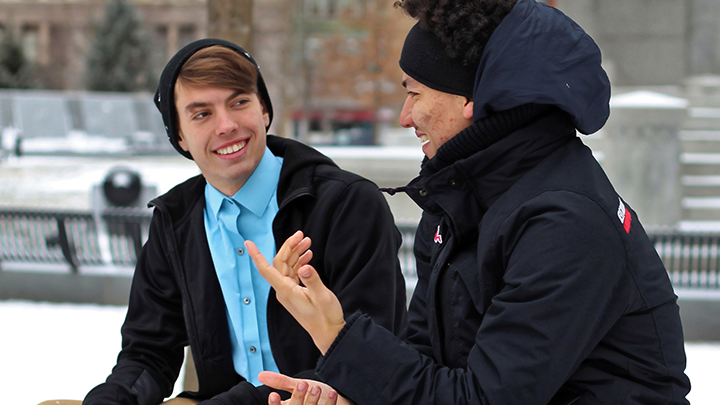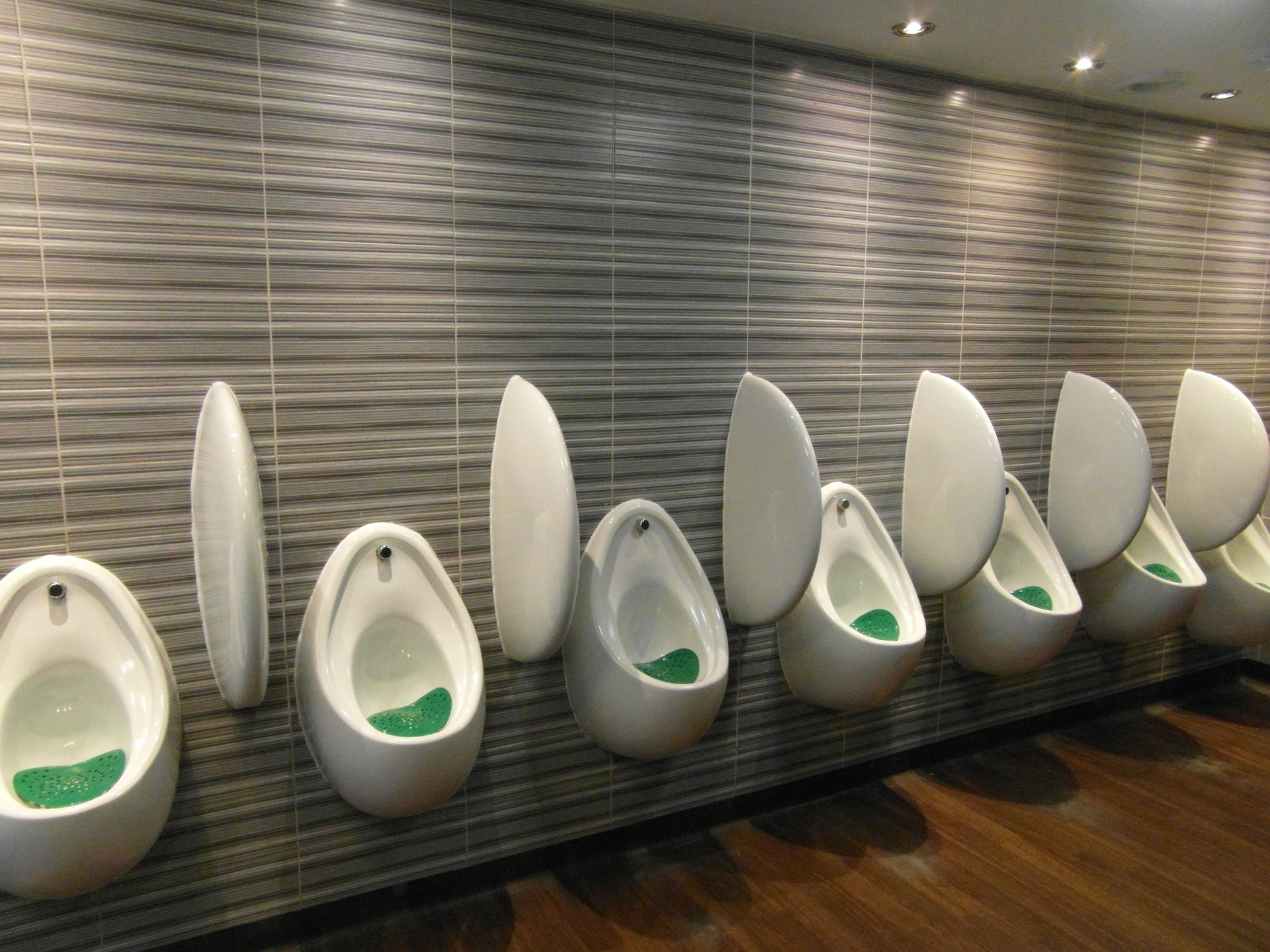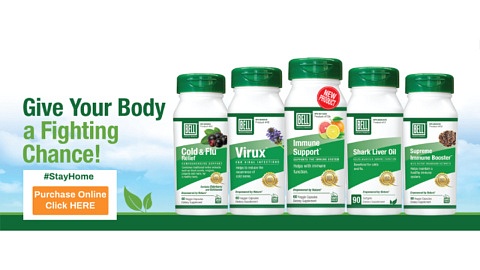It’s been said that men think about sex once every seven seconds. However, this has not been verified and is still up for debate. What we do know however, is...
About the Author
Dr. Rahim Habib ND
Rahim Habib is a registered naturopathic doctor with over 15 years of experience in general family practice. He has a special interest in helping patients comprehensively detoxifying their bodies for preventative and therapeutic benefit. He also has a special interest in children’s health, assisting kids in their learning and behavioural health with conditions such as ADHD, Autism spectrum, asthma, allergies and childhood obesity. He also helps adults with chronic conditions, such as thyroid disorders, infertility, inflammation, obesity, autoimmunity, dementia and cancer care. He is the director of the Four Seasons Naturopathic Clinic for Detoxification and Healing and can be reached at 905-597-7201 or www.FamilyNaturopath.ca.


 The prostate is a walnut-sized gland that sits below the bladder. The urine tube passes through the prostate and the back part of the prostate can be seen and felt by your doctor with a finger check test in your lower bowel (called a digital rectal examination, or ‘DRE’).
The prostate is a walnut-sized gland that sits below the bladder. The urine tube passes through the prostate and the back part of the prostate can be seen and felt by your doctor with a finger check test in your lower bowel (called a digital rectal examination, or ‘DRE’). A study appearing in the American Journal of Men’s Health in 2015 assessed the levels of fitness (moderate or low) in 18-26 year old healthy African-American men, they took blood samples to measure growth factor hormones and exposed prostate cancer cells to these blood samples; they found that those with low fitness levels had a higher risk of promoting prostate cancer cell growth likely due to the fact that they had higher hormone levels. This exemplifies the importance of a healthy lifestyle.
A study appearing in the American Journal of Men’s Health in 2015 assessed the levels of fitness (moderate or low) in 18-26 year old healthy African-American men, they took blood samples to measure growth factor hormones and exposed prostate cancer cells to these blood samples; they found that those with low fitness levels had a higher risk of promoting prostate cancer cell growth likely due to the fact that they had higher hormone levels. This exemplifies the importance of a healthy lifestyle.

